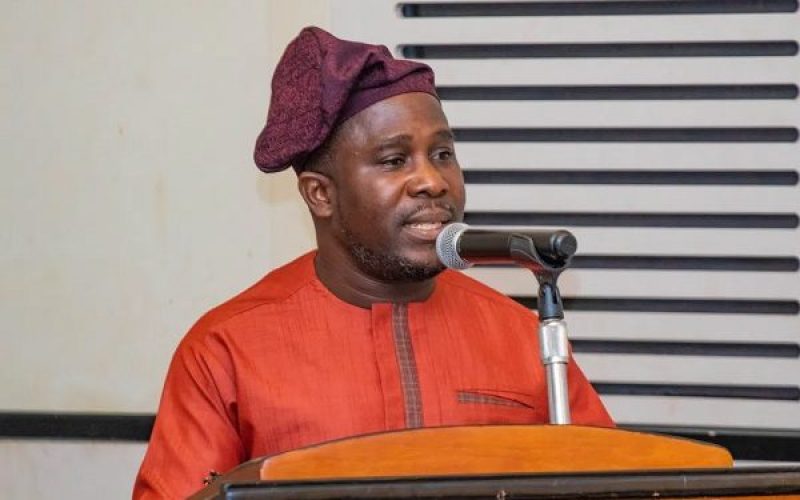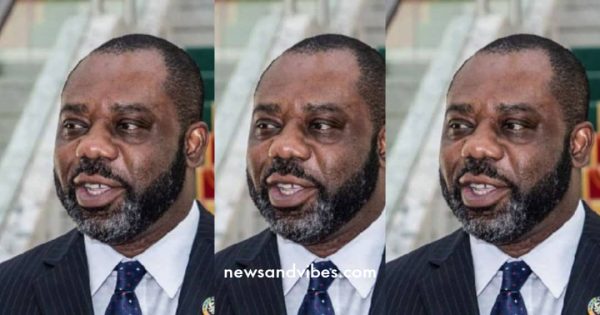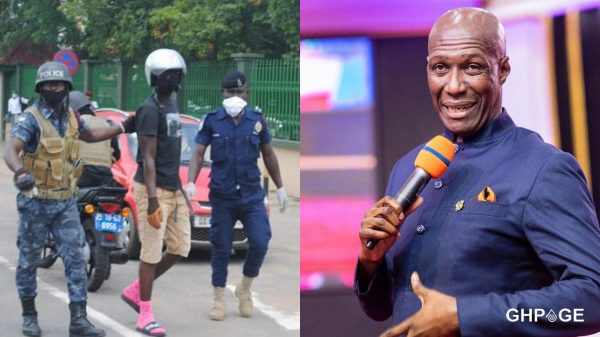Ghana’s ongoing power outages, popularly known as dumsor, are expected to persist throughout 2025 unless urgent reforms are undertaken.
This warning comes from Nana Amoasi VII, Executive Director of the Institute for Energy Security (IES), following growing concerns over unstable electricity supply across the nation.
Speaking during an interview, Nana Amoasi VII attributed the crisis to multiple challenges, including inefficiencies at the Electricity Company of Ghana (ECG), ageing infrastructure, and severe financial constraints within the energy sector.
He pointed out that Ghana’s power generation capacity barely meets demand, forcing power plants to shut down frequently due to fuel shortages or emergency maintenance.
According to him, unless the ECG improves revenue collection and resolves internal inefficiencies, the entire power distribution chain will continue to suffer.
This will further hinder investments by GRIDCo in critical infrastructure upgrades, while power generators—both public and private—will struggle to operate consistently. Additionally, WAPCo, the supplier of natural gas to Ghana, may find it challenging to sustain supplies under the current financial strain.
Nana Amoasi VII stressed, “Without fixing these fundamental issues, Ghanaians should brace themselves for prolonged dumsor.”
The power crisis has been further exacerbated by the government’s failure to settle a $75 million debt owed to N-Gas Limited, the main supplier of gas through the West Africa Gas Pipeline. This outstanding debt poses a significant threat to Ghana’s energy security, risking further disruptions in fuel supply needed for power generation.
Meanwhile, during a visit to the West Africa Gas Pipeline undergoing scheduled maintenance, Ghana’s Minister for Energy and Green Transition, John Jinapor, called on the public to remain patient. He acknowledged that Ghana’s lack of spare power generation capacity remains a major obstacle and assured the public that the government is actively working to stabilise the situation.
As the year progresses, Ghanaians may have to endure longer periods of intermittent power supply, unless swift and strategic interventions are implemented to address these deep-rooted challenges.
Source: NewsandVibes.com






